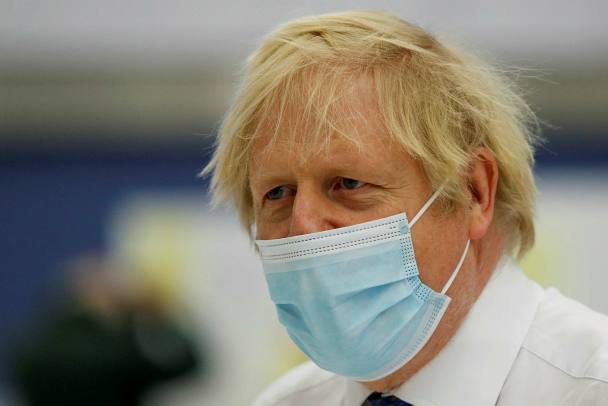- The government is planning to reverse the 2012 Cameron-government reforms of the NHS in England
- Under-used private hospitals should prepare to help the NHS with its backlog of patients
When the inevitable inquiry into the government’s handling of the coronavirus pandemic begins, one question will be front and centre: did lockdown succeed in preventing deaths?
According to a study by Neil Ferguson at Imperial College London – the same scientist who advised the government to batten down the hatches back in March 2020 – 3.1m fewer deaths were reported across Europe in the first wave of the virus thanks to strict isolation measures. Mr Ferguson’s study will certainly not be the last to conclude that without lockdowns, the Covid-19 death toll would have been far higher.
But coronavirus deaths only paint part of the picture. As the NHS has grappled to bring the pandemic under control, care for non-Covid illnesses has taken a back seat. In January, this magazine revealed that non-emergency surgeries performed by the NHS almost halved in 2020, while a recent study published in medical journal The Lancet found that 10m people in the UK are currently waiting for an operation, up from 4m before the pandemic hit. Osteoarthritis sufferers in need of joint surgery make up the bulk of the queue, which also includes over 4,000 cancer patients who have waited more than three weeks to start treatment.
As the UK emerges from its third national lockdown, dealing with the backlog of cancer screenings, joint replacements and mental health care will be crucial to ensuring excess lives have not been lost because of restrictions.
Perhaps that is one of the reasons why Boris Johnson has decided to bring healthcare provision, decision making and funding under tighter government control. According to a leaked whitepaper, the prime minister plans to roll back the changes made by David Cameron’s health and social care act of 2012 and give the health secretary more direct control over NHS England. That includes removing the outsourcing process which allows individual clinical commissioning groups to put contracts out to tender to both public and independent providers.
On the surface, these proposals may seem like a blow to the private sector, which has benefited from an increase in NHS outsourcing in the last decade. Virgin Care, for example, has been awarded contracts worth more than £2bn since 2012, Care UK has been instrumental in the development of NHS walk-in centres and 111 call centre operations, while Spire (SPI) – the only listed provider in the sector – reported a 46 per cent increase in annual NHS revenues to £285m between 2013 and 2019.
But the vast majority of this private sector outsourcing has not come through the clinical commissioning group bidding process. Indeed, in early 2019 data obtained through freedom of information requests found that only 2 per cent of NHS contracts were put out to tender, while a study by The Kings Fund concluded that most of the contracts awarded to the private sector were much smaller than those given to NHS hospitals. That evidence is reflected in Spire’s financial results – in 2019, just 11 per cent of the company’s NHS revenues came from contracts won through the tender process, down from 25 per cent in 2013. The majority of its public sector revenues come through the e-referrals process, where GPs can book patients into Spire hospitals directly where their treatment will be covered by the NHS.
The removal of the tender process is therefore unlikely to stymie post-pandemic opportunities in the private sector. In fact, with NHS England under sole control of a health minister who desperately needs to clear the backlog of overdue operations and prevent criticism of the government’s handling of the pandemic, private sector outsourcing could actually be on the rise.
In October, the government released a procurement framework for private sector partnerships worth up to £10bn in the next four years. In December, leading private providers including Nuffield Health and Spire were reported to be in advanced talks with NHS England over a new three-month outsourcing contract, which aims to provide a “smooth transition” to the four-year framework contract.
There is no doubt that the private sector has been underutilised during the pandemic. The Health Service Journal recently reported that two-thirds of the private sector capacity that was block-purchased by the NHS at an estimated cost of £400m a month went unused over the summer, despite the mounting wait times for operations. But as the UK moves into recovery mode, focus will begin to shift from coronavirus patients to those who have been failed by the health service in the last few months. Private sector hospitals are well placed to relieve the pressure of the backlog.
Boris Johnson has picked a good time to take more direct control of the nation’s health service – his government has just overseen a vaccine roll-out programme that has drawn on all corners of the public and private health space and put the rest of the world to shame. The 10m people on an NHS waiting list will be hoping for a similar success story as the UK moves onto the next phase of its Covid recovery.








